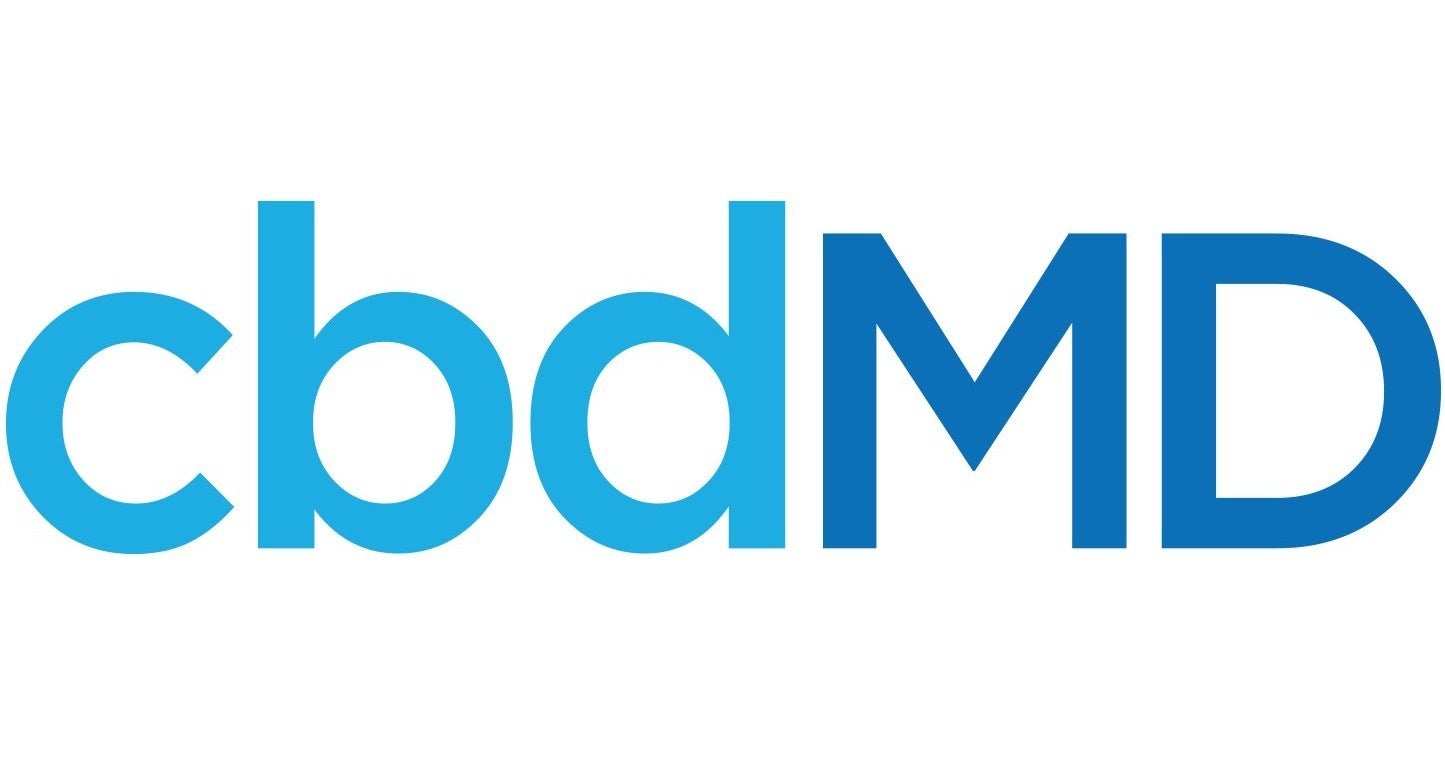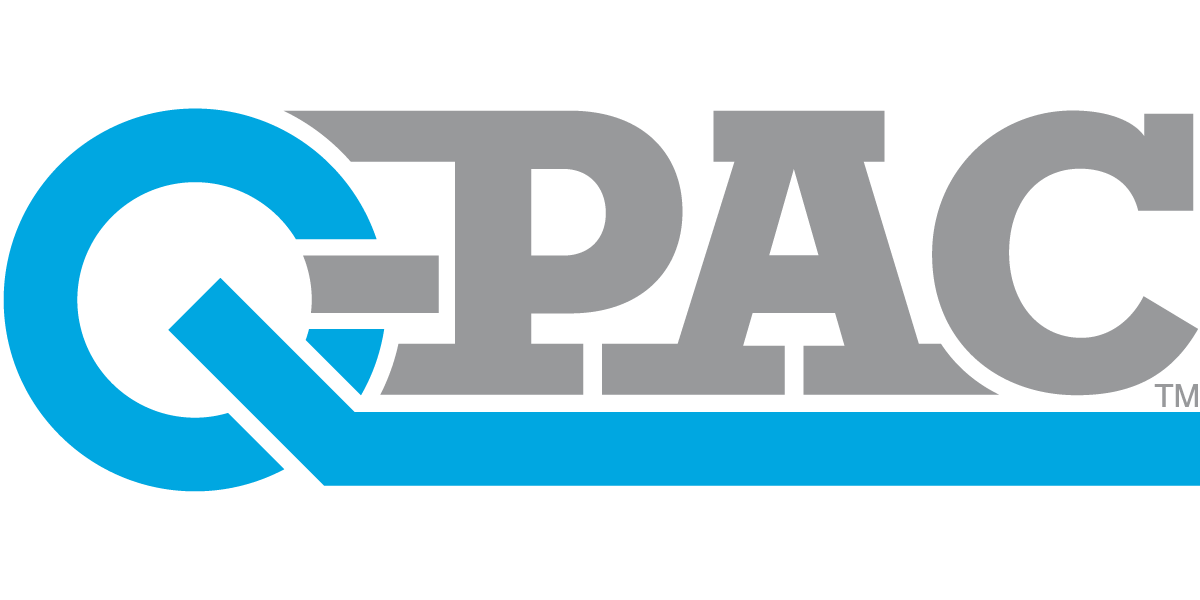Abandoned by NetSuite
Founded in 2015, cbdMD, Inc. (NYSE American: YCBD) has quickly become one of the leading hemp-derived cannabidiol (CBD) brands with a comprehensive line of American-made, THC-free CBD products as well as Full Spectrum and Delta 9 THC products. The cbdMD brand includes high-quality, premium CBD tinctures, gummies, topicals, capsules, sleep aids, and more. The company’s pawCBD brand includes formulated pet tinctures, chews, and topicals in varying strengths.
The Charlotte, N.C.-based company became publicly traded in late 2017 and sells its consumer and pet products online and through thousands of retail outlets including GNC, Wegmans grocery stores in the Northeast, and in 32 countries.
The use of CBD products is growing quickly as more and more states legalize its sale and as more products are available in easy-to-take forms such as edibles. To accurately disclose the cannabinoid ingredients in its products, CbdMD uses quality manufacturing processes, tests its ingredients and products for purity and potency, and adheres to compliance mandates and label requirements, all of which allow cbdMD to maintain the highest level of independent third-party cGMP certification by NSF.
As a startup, cbdMD launched on QuickBooks, but executives soon realized they needed an ERP solution, one with quality and process management and one that was SOX compliant. Operating very leanly and growing quickly, the former team had some familiarity with NetSuite so they decided to forge ahead with a NetSuite implementation.
Just a few months after implementing NetSuite in 2021, however, cbdMD received notice that NetSuite’s new owner Oracle was not going to support the cannabis industry, and that cbdMD had just a year to find a new ERP.
Oracle-NetSuite Pulls Plug
That news was troubling, especially since the entire NetSuite implementation was delayed a full year due to Covid-19, says Casey Lassiter, ERP Manager for cbdMD. Although finding a new ERP and implementing it would be challenging in such a short time, it allowed cbdMD to fix several problems it had implementing and then running Oracle NetSuite.
The cbdMD NetSuite implementation was rocky, which was due mainly to different communication styles and miscommunication because the entire NetSuite implementation team was located off-shore, Lassiter says. Then, during the first six months of use, the cbdMD team learned the ERP didn’t provide several of the efficiencies it had hoped to achieve, nor the detailed data executives wanted.
Company executives found it difficult to dive deep into customer information and uncover trends, and downloading data from NetSuite was difficult and “took a considerable amount of time.” It was hard to pull data in a timely manner, Lassiter says. The ERP was a resource hog because some operations needed to transfer data between multiple siloed systems one application at a time, which slowed data retrieval and caused a lot of frustration.
“Each piece of data required a developer’s hand,” Lassiter says. “We had to have a developer on staff that knew SuiteScript, the NetSuite version of Java.”
Warehouse Data Delays Slowed Shipments
“We had a lot of challenges with our pick, pack, and shipping capabilities. It was quite slow, and on busy days, people had to sit and wait for RF scanners to update. There were many days where time was wasted waiting for the system to process 30 orders so the pickers could move to the next step. We had a lot of complaints from the warehouse,” Lassiter says.
NetSuite didn’t have an expense application that met their requirements, so cbdMD added Expensify. The sales team used Salesforce, which the company had implemented when it used QuickBooks. With siloed systems, it was difficult to get a complete picture of its customers and adequately understand project profitability and worker costs.
CbdMD tracked quality and material traceability using a manual system that stored critical information on a stand-alone hard drive. This complicated and sometimes delayed the manufacturing process when proper paperwork had to be printed and hand-delivered to the manufacturing floor for each batch or when the paperwork went missing.








